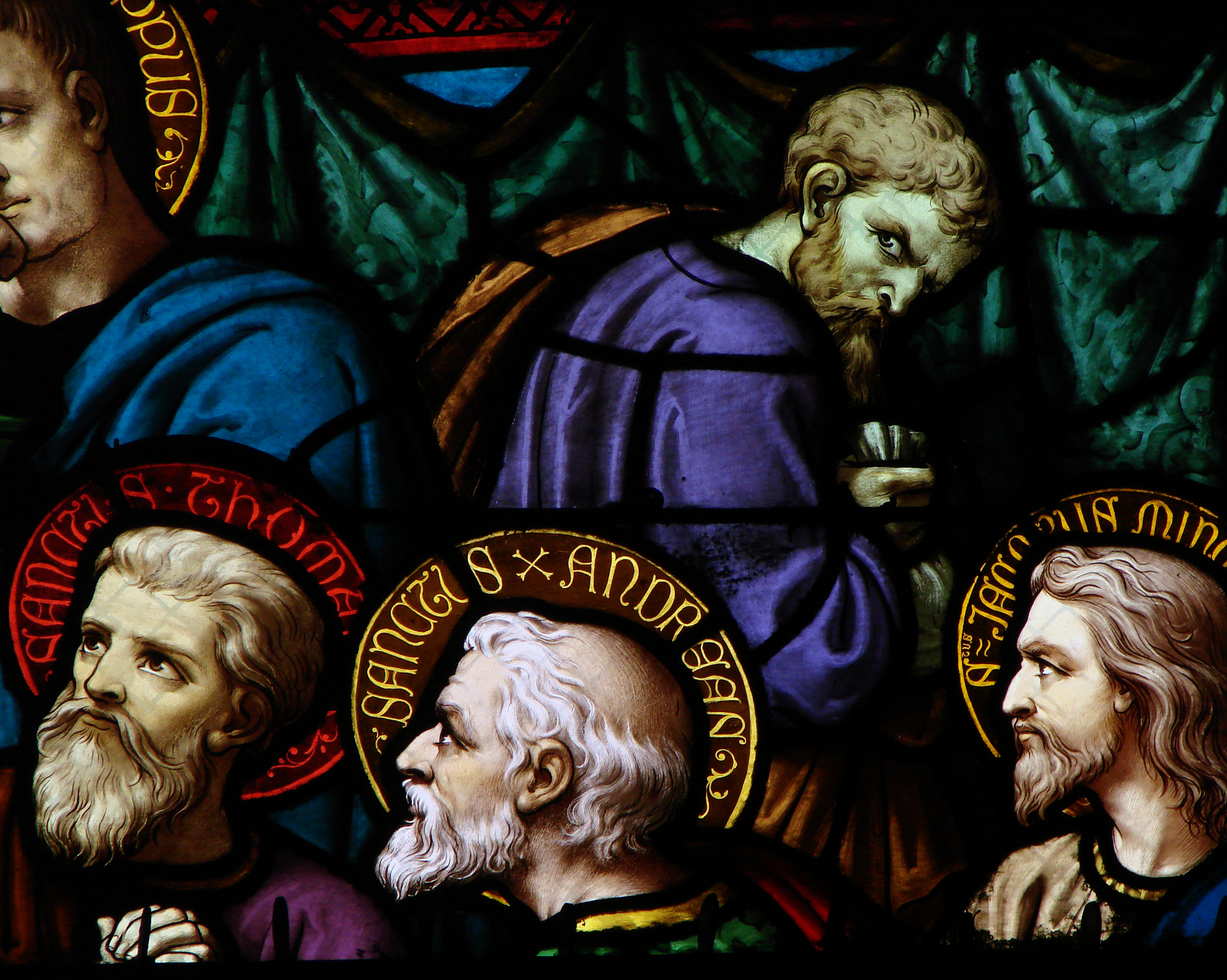I have heard from many a devout Catholic that Lent is
their favorite liturgical season. At first, this assertion seems
counter-intuitive. Why would one prefer a season of penitence, abstinence, and
discipline (like Lent) to one of celebration, exultation, and abundance (like
Easter)? After seeking to engage the practices of Lent ever more fully each
successive year, I think I’m beginning to understand.
The season of Lent, with its discipline, is a time of
intentionally, mindfully resisting the
innate human tendency of pridefully casting God aside and humbly letting go of
those things which inhibit our perfected relationship with God—bad habits and
stubborn sins, yes! These should be the first to go. But also any obstacle, even “good” things,
anything that would seek to take the
life-giving place of God in our lives. This is the intent, the spirit, of
Lenten fasting and abstinence.
To identify these obstacles in one’s life, one need only
ask: What
is it that I can’t live without? If your mind, like mine, is flooded
with ideas (coffee, chocolate, ale, Netflix, Facebook, my car, my iPad…), indeed,
if your answer is anything other than “God,” “Jesus,” or “the Most Holy
Eucharist,” then God has graciously given us suggestions for Lenten abstinence.
This may seem extreme. It may appear as if I am saying
that living Lent is tantamount to living like cloistered monks and nuns. If you
are thinking that, let me reassure you: that’s exactly what I’m saying…at
least inasmuch as religious sisters and brothers take vows of poverty,
chastity, and obedience.
By way of explanation, it’s worth taking a moment to
reflect on what virtues we are cultivating through our Lenten abstinence. To be
sure, there are many, but three that rise to the fore are detachment, holiness,
and love…virtues which coincide particularly
well with the traditional core Lenten practices of fasting, prayer, and almsgiving. Now consider how religious
vows coincide to these Lenten practices and to Lenten virtues:
·
Poverty – to eradicate the attachment to worldly
goods. Money is not my Lord.
·
Chastity – to master one’s desires and direct
them to God. My desires are not my Lord.
·
Obedience – to forsake the worship of the
self-God and to learn humility. My will is not my Lord.
Hence, we have a diagram that looks something like
this:
Fasting---Chastity---Detachment
Prayer---Obedience---Holiness
Almsgiving---Poverty---Love
If the correspondence seems somewhat forced, I would
argue it’s because of the intimate interrelation of each of the disciplines,
vows, and virtues: they all work together to cultivate Christlikeness.
Scripturally, I find Hebrews 13 to be a great witness to all
of this:
Hebrews 13: 1 Let brotherly love continue. 2 Do not neglect to show
hospitality to strangers, for thereby some have entertained angels unawares. 3
Remember those who are in prison…and those who are ill-treated…5 Keep your life
free from love of money, and be content with what you have …16 Do not neglect
to do good and to share what you have… [almsgiving; poverty; love]
Hebrews 13:4 Let marriage be held in honor among all, and let the
marriage bed be undefiled…9…it is well that the heart be strengthened by grace,
not by foods…14 For here we have no lasting city, but we seek the city that is
to come. [fasting; chastity; detachment]
Hebrews 13:7 Remember your leaders, those who spoke to you the word of
God; consider the outcome of their life, and imitate their faith ...17 Obey
your leaders and submit to them; for they are keeping watch over your souls
…Let them do this joyfully, and not sadly, for that would be of no advantage to
you. [prayer; obedience; holiness]
So, why a post on Lenten
disciplines on the brink of Holy Week, so near the end of Lent? Of course, monks
and nuns do not take their vows only for Lent, any more than the author of
Hebrews intended that his words be observed only during Lent! No. The author of
Hebrews, those who take religious vows, and yes, my devout brothers and sisters
who favor Lent above all—they all understand the Great Lent…which is none other
than our earthly life! Just as Lent is the gestation period for the Easter Triduum,
Lenten discipline practiced throughout our lives forms us, remakes us into the
image of Christ, and thus prepares us to live in the eternal Kingdom of God—to live
united, in Christ, with the God who is love. Spending our days here on earth in
living out the disciplines of Lent is actually equivalent to receiving the
life—life abundant!—that God gives. And this is exactly what God wishes for us
and from us: an earthly life dedicated to God by gratefully receiving the life
that God gives!
This is what Lent is all about.
This is what Catholicism is all
about.
This is what a personal
relationship with Jesus is all about.
This is what faith is all about.
Therefore the author of Hebrews can say:
…let us also [like
those who came before us] lay aside every weight, and sin which clings so
closely, and let us run with perseverance the race that is set before us,
looking to Jesus the pioneer and perfecter of our faith, who for the joy that
was set before him endured the cross, despising the shame, and is seated at the
right hand of the throne of God.
When Easter arrives, let us celebrate and feast, in
anticipation of being eternally united with God through Christ. But throughout
our earthly lives, let us cultivate the spirit of Lent in our thoughts, words,
and actions, that we might humbly be incorporated into the pioneer and
perfecter of our faith and thus receive life abundant.










